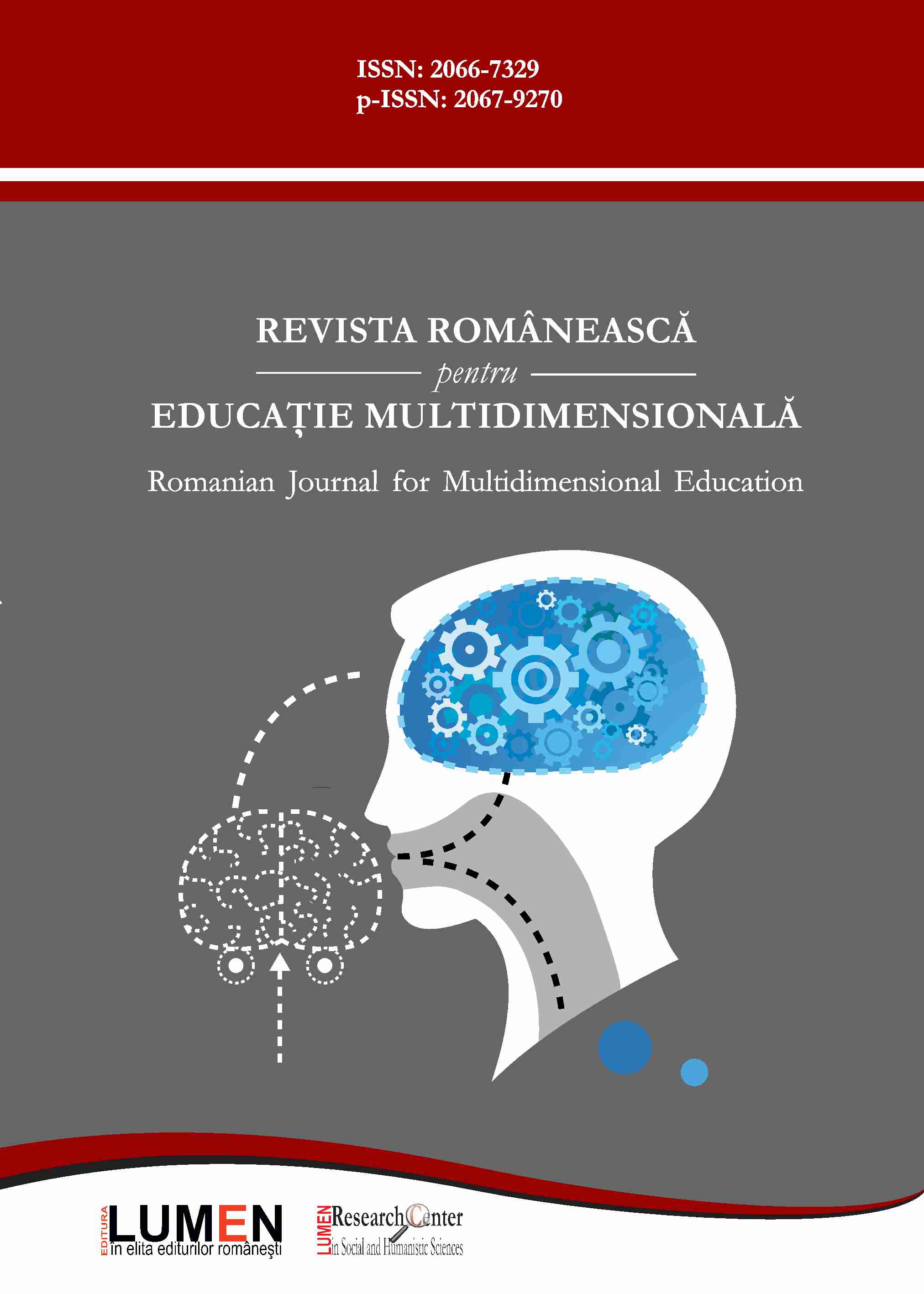Training of Remotely Piloted Aircraft Operators for Border Surveillance in Ukraine based on the European Union Standards
Training of Remotely Piloted Aircraft Operators for Border Surveillance in Ukraine based on the European Union Standards
Author(s): Ivan Katerynchuk, Andrii Balendr, Oksana Komarnytska, Oleksandra Islamova, Ilona Ordynska, Tetiana ChubinaSubject(s): Social Sciences, Education
Published by: Editura Lumen, Asociatia Lumen
Keywords: remotely piloted aircraft systems; professional training; border guard; European Union;
Summary/Abstract: The study reveals the theoretical and practical approaches to building of an all-European training strategy for remotely piloted aircraft systems (RPAS) operators to increase their interoperability in the European Union countries and Ukraine. Nowadays, the border guard agencies both in EU and Ukraine have developed their national courses and training programs related to training of RPAS operators, however, the proposed in this study common approach is based on the Sectoral Qualification Framework in the field of border protection and Common Core Curriculum for border guards in EU and is aimed at expanding the use of small RPAS for a specific task of protecting the border sectors of various types (land, sea, air) in accordance with the Concept of European Integrated Border Management. The research was carried out in the frames of the Grant Program of the European Agency for Border and Coast Protection Frontex "The use of RPAS for border protection - tactics, guidelines, best practices". The study covers the analysis of the theory, market solutions, takes into account practical border protection experience, which resulted in creation of a common curricula for operators of RPAS in the specific sphere – surveillance of the state borders. The developed training course for RPAS operators provides an opportunity to train external crews of unmanned aerial vehicles, which will best meet the objectives and peculiar needs of the state border protection agencies of the European Union and Ukraine. The readiness of future RPAS operators to perform professional duties on border surveillance was diagnosed according to cognitive (knowledge formation) and operational (skills and abilities formation) criteria. Comparison of the values of these criteria before and after the formative stage of the experiment shows that the experimental measures for the application of best European practices in the training of RPAS operators have positively affected the quality of their training. The results of the study will help strengthen the state border security within the European context of border guarding by means of increasing the level of interoperability of RPAS operators in the EU countries and Ukraine.
Journal: Revista Românească pentru Educaţie Multidimensională
- Issue Year: XIII/2021
- Issue No: 3
- Page Range: 134-150
- Page Count: 17
- Language: English

